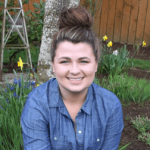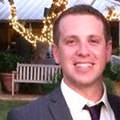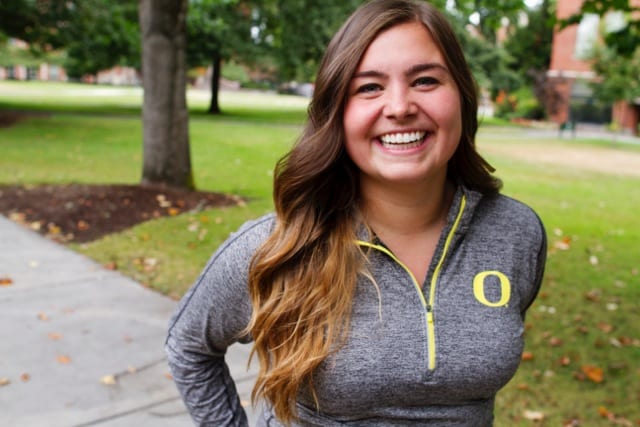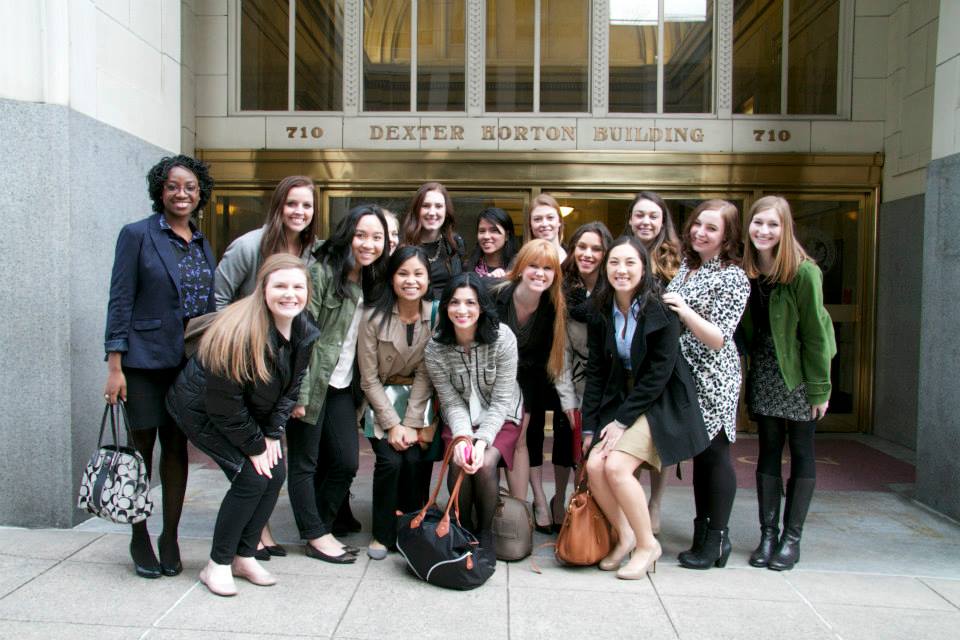The first term of the year has come to an end and the heavy stress of finals no longer weighs on your shoulders. The plans are set, flights booked, and your mom has called to confirm almost ten times. You start to remember what it’s like to sleep in, eat home-cooked meals, and do that thing time never allows for anymore – relax. However, most college students fail to realize all that free time is a gateway to opportunity, productivity, and success. Here are a few ways you can be proactive with your college career over break:
Hunt for summer internships.
It’s never too early to plan out your summer. In fact, for many popular internships the applications are due before the end of winter. It’s better to start now with no homework to do, than in January when the chaos of midterms is in full swing. Also, don’t forget to reach out and make a memorable impression so you’ll stick out when they’re making their selections.
Job shadow.
Not exactly sure what field you want to get into? The only way to find out if you will truly enjoy it is through experience. Make a list of three possible careers choices and find out if there’s anything similar near where you’ll be over break. Call and ask if there’s any chance you could job shadow just for the day, and don’t forget to ask whoever you’re shadowing questions. After all, it’s possible you’ll be in their shoes one day.
Start applying for scholarships, now.
Regardless of where you’re at in your college career, scholarships are always beneficial. Not only do they help you financially by taking some of that future stress of student debt away, but they can ease your checking account too. Plus, they’re always a great addition to the “awards” section of your resume.
Create something beneficial to add to your portfolio.
Take on your passion and just let it flow with this one. Videography? Make a video combining your love for shooting and editing with your love for your local animal shelter. Writing? Write freelance stories about things that interest you and see if anyone will publish them. Designing? Collaborate with that girl from high school who just started her own business and design her logo. Be creative and expand your experience.
Learn something new.
This can be a tricky one to do in just a month, but even just skimming the surface of broadening your knowledge can get you closer to where you want to be. For example, my goal is learning how to build a website through WordPress over break.
And lastly, relax.
Go to the cheesy holiday festival with your family. Watch movies. See your friends and make travel plans to visit them in the spring. Read a book in your favorite hometown coffee shop. Do all the things that aren’t possible or realistic when you’re staying up till 2 a.m. writing that history paper that’s due tomorrow, because after all, the month will go by quickly and you’ll once again be swamped.
What are your goals for winter break?
Brooke Adams, External Relations Committee Member, is a junior transfer student, majoring in Public Relations and minoring in Business Administration. Brooke is a native Oregonian, avid coffee drinker, and music lover. Contact her at badams7@uoregon.edu.
Photo Credit: shallowend via Compfight cc




















